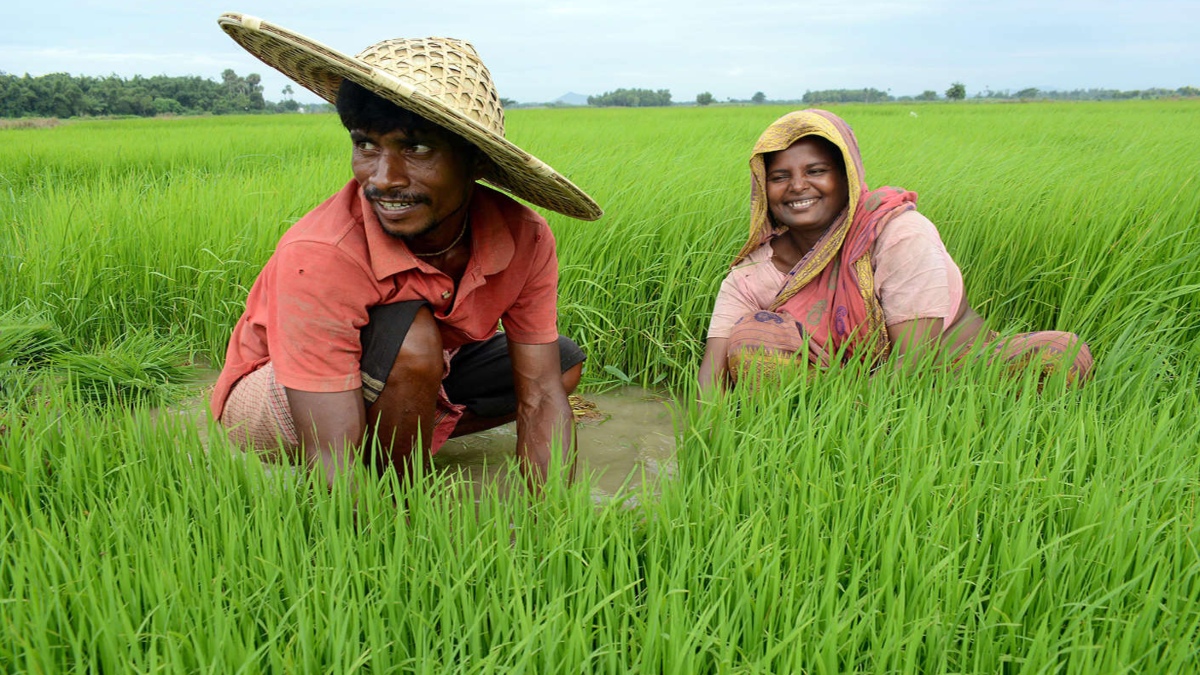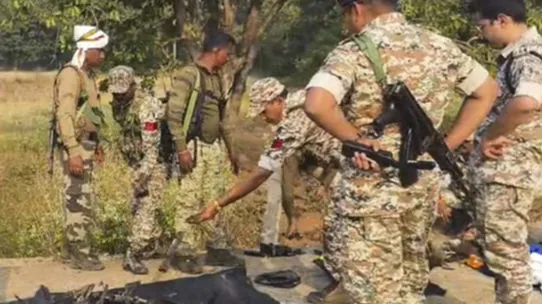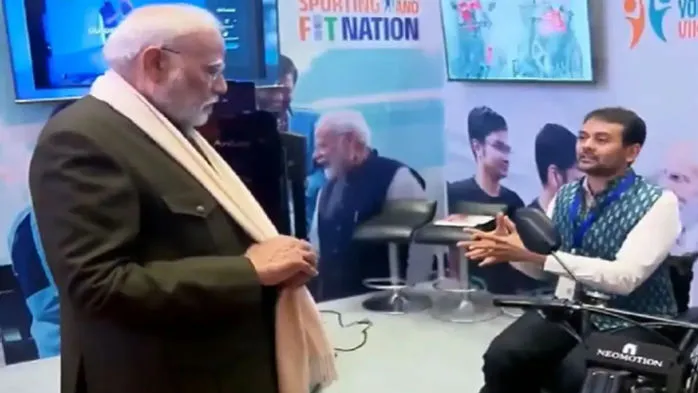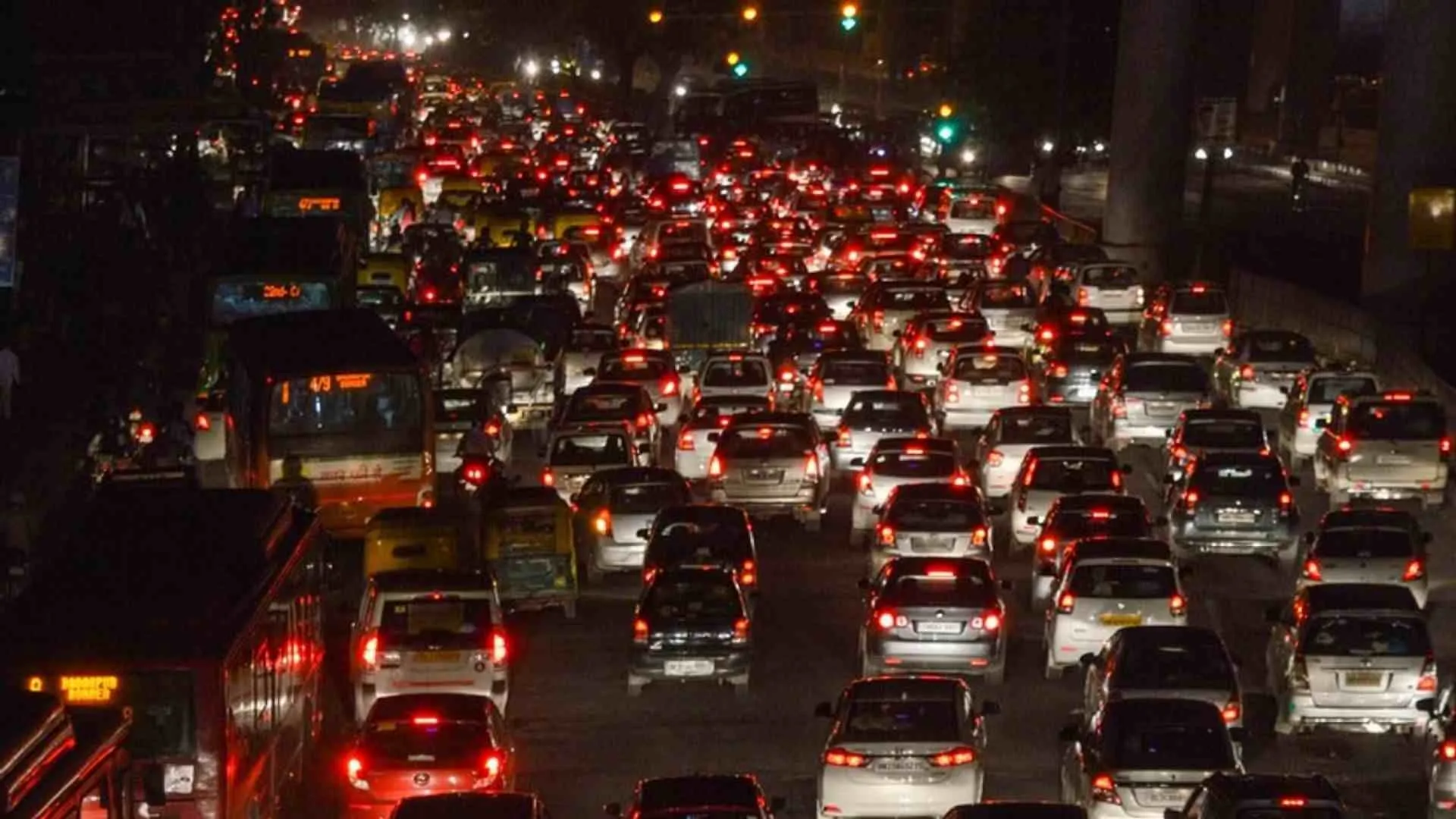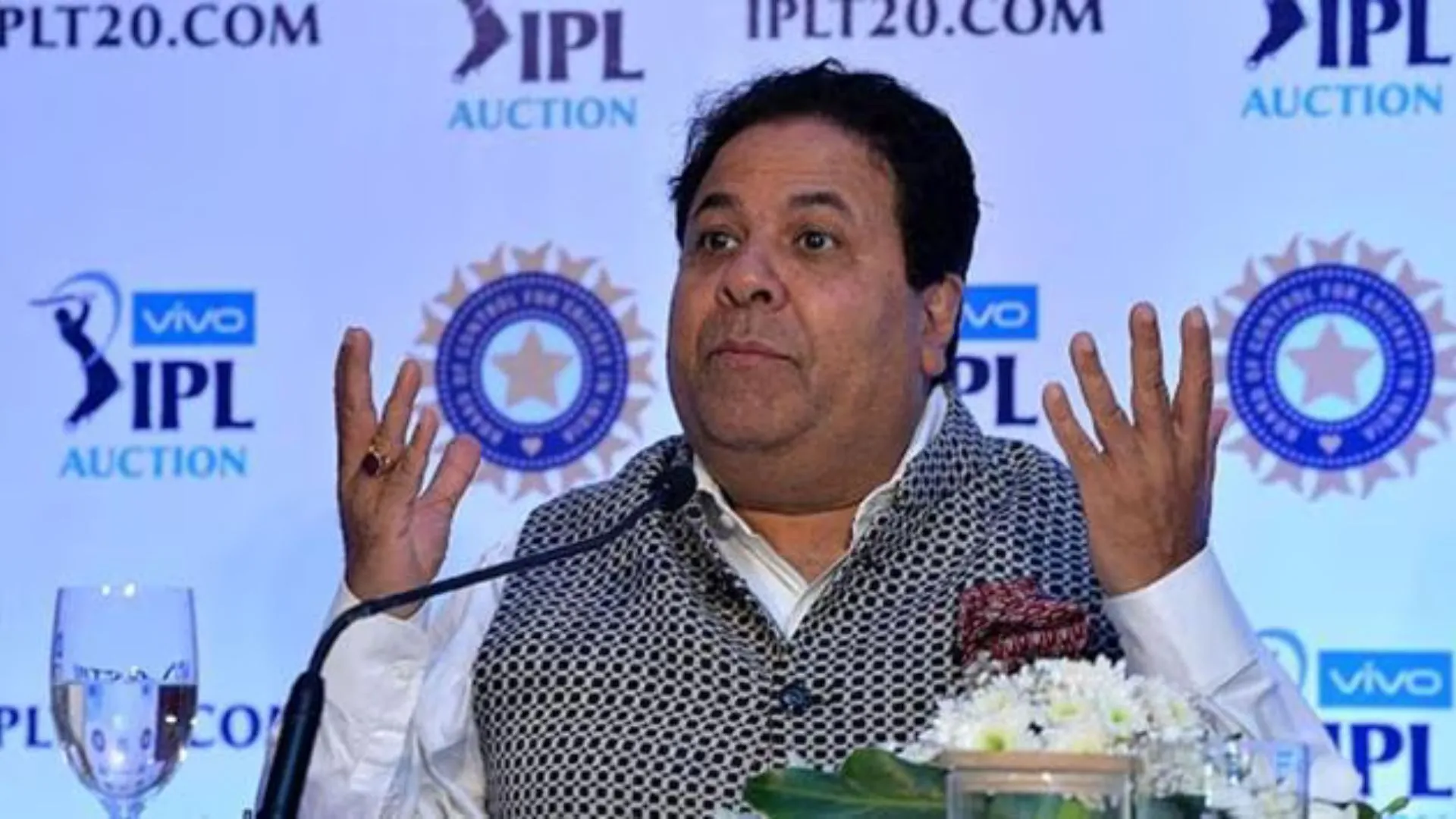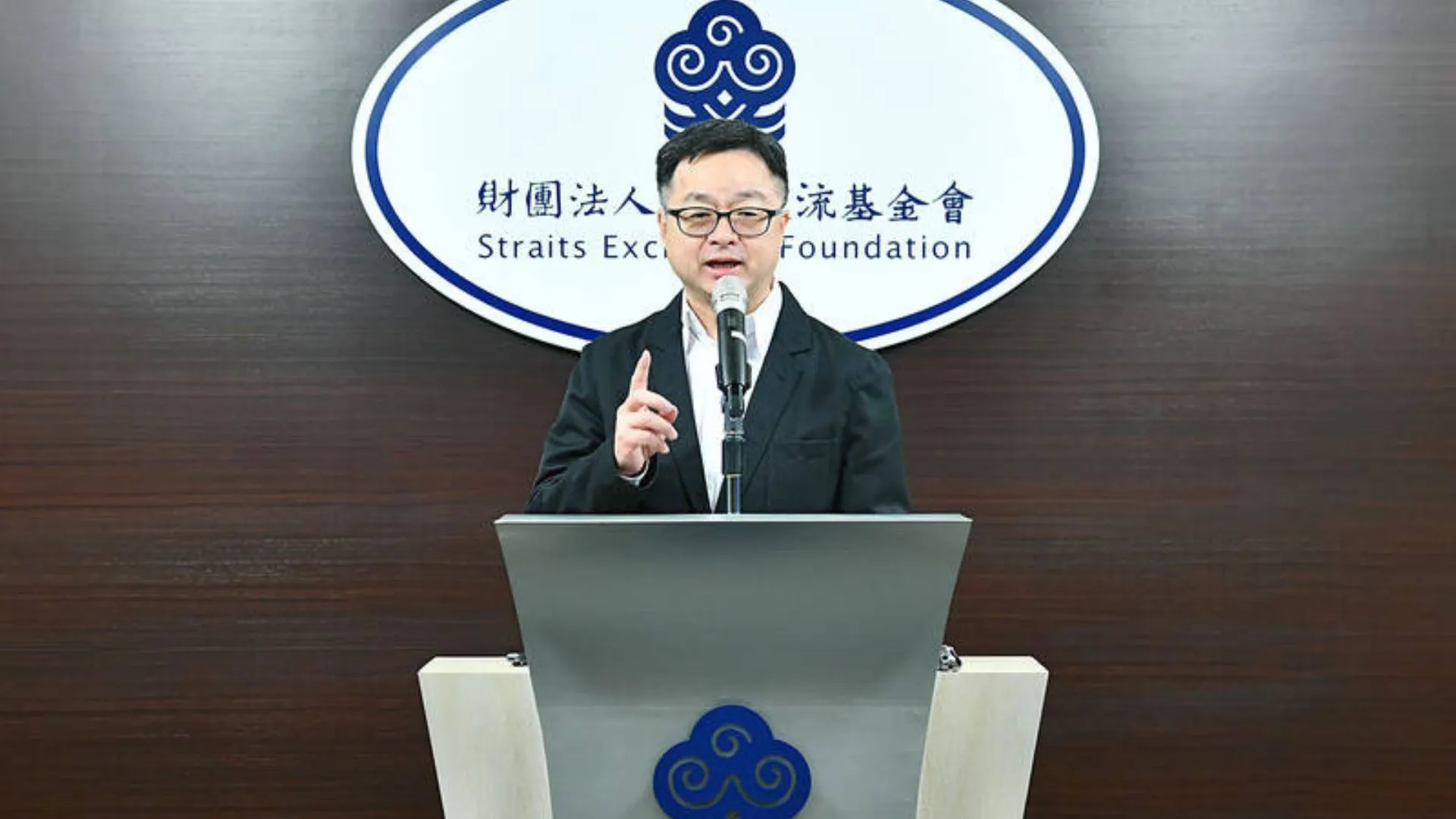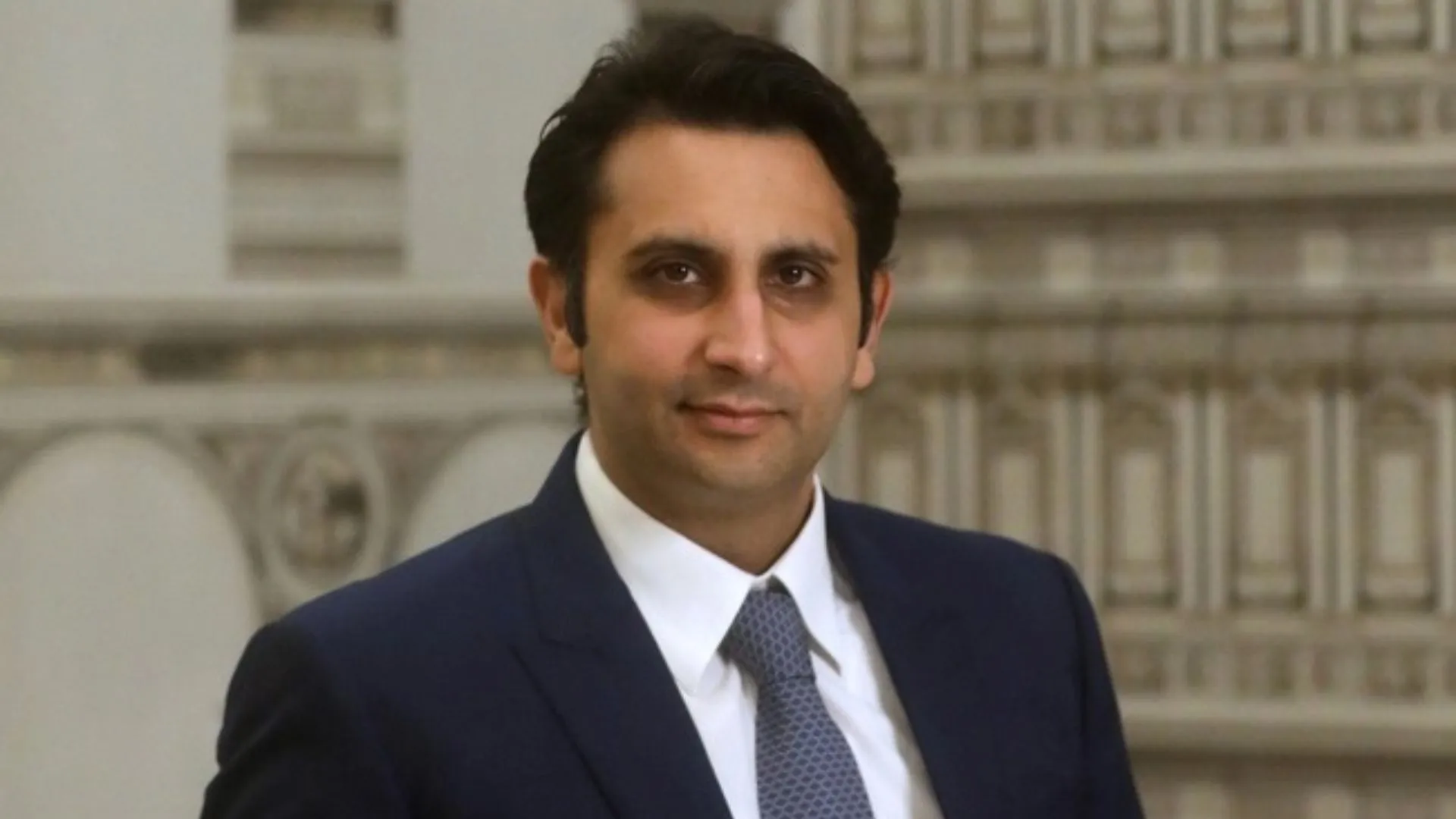Many developed countries of the world are not only making their country happy due to better scientific technology and management in the agriculture sector but in countries like Canada, Europe, and Israel, the income of the farmer is increasing tremendously. India has also followed the same path.
When we used to read the story of a farmer in childhood, the title was strength in unity. There is progress in unity. Now smallholder farmers will have to do farming together, this is the need of the time. The size of farmer’s land holdings in India has decreased from 2.3 hectares in 1970 to 1.08 hectares by 2015-16, and the area under cultivation has become much smaller and smaller in the last 40 years.
As per the Agriculture Census of India, the number of small acreage farmers and landless farmers has reached around 86%, that is the number of marginal farmers has increased by over 16% in the last 40 years. Due to the lack of better agricultural technology for small and medium farmers and under the pressure of the moneylenders in the market, the farmers went on becoming poor. As per the 2011 census, the number of landless agricultural labourers in India has exceeded the number of farmers, there are two categories dependent on agriculture: marginal farmer, the middle-level farmer and the landless agricultural labourer. Almost 55% of agricultural labour has crossed the mark of landless agricultural labourers whose number is around 16 crore in the country. The same tenant farmer is about 45%, which is about 12 crore. To reduce the miseries of small marginal farmers, landless agricultural labourers and medium farmers, this is the vision of Prime Minister Modi. If the farmer is organised, he sells his agricultural products in the market in an organised way. He should use crops and certified seeds organised based on new scientific research. Along with better management of irrigation, use of new agricultural machines, a proper system of transportation, and better and qualitative management, he can escape from the demonic forces of the market. So he can get the value of his production in a better way.
If we look at the entire government management policies of the Modi government and study them closely, there are better strategies for farmer welfare. PM Modi believes that even by putting everything at stake, if we keep the farmers alive, then through this we can get everything.
Israel is one of the smallest countries in the world, which is barely equal to the area of Haryana, and the population is only 9 million. It has an important place in the agricultural income of the world. The reason is the best technology, due to only 20% of the accumulated land, Israel has made its place in the 10 largest producing countries of the world. Now the Indian marginal farmers will have to move forward with the agricultural policies of the Government of India, along with traditional farming, we have to adopt new methods. The Modi government has a very ambitious scheme for the marginal farmers called Farmer Producer Organisation (FPO).
FARMER PRODUCER ORGANISATION (FPO)
How can the farmer become self-reliant? Why is the farmer poor even today? How to double his income, the target of 2022 has been set by the Modi government.FPO should be implemented properly all over India.Serious work is being done on this and its positive results are also being seen. The Modi government has set a target of 10,000 FPOs by 2022.
WHAT IS FPO?
Any farmer in FPO can become a member of this scheme. It is easy to become a member of the organisation. The Modi government has prepared a proposal on how to become an FPO through a simple process. All we need is to establish and cooperate with it with determination.The complete information is available on the website of the local Deputy Commissioner’s office and the Ministry of Agriculture, Government of India.
For the formation of the FPO, there should be a minimum 300 farmers. In this, the number of marginal farmers, smallholding farmers should be about 50%. Also, farmers above 2.5 acres can be made members in it. An individual contribution of Rs 2000 will be given to the farmer. Under this scheme, a Rs 2000 per member maximum of 15 lakh rupees is provided by the Government of India to FPOs as an equity grant. A total of Rs 18 lakh is provided as financial support for every three years of FPO formation. Also, there is a plan to give benefits to the FPO from the government’s side, that includes the salary of the employees, management, operations, financial, office expenses, travel, meeting, etc. and even the amount available for furniture in the initial years. Along with this, the Government of India assists Rs 2 crore to each FPO in the form of a bank credit guarantee that covers up to 75% for eligible projects by the bank whereas for bankable projects up to Rs 1 crore, a guarantee of up to 85% assists in the form of cover.
HOW WILL THE MARGINAL FARMERS BE BENEFITED FROM THE FPO?
Agriculture and farming community should have overall benefit, it should be made entrepreneurial along with farming. With this, the Government of India has a plan to develop them economically by making 10,000 FPOs. By getting organised through FPO, small and marginal farmers will not only get a market for their produce but it will become very easy for them to buy better fertilisers, advanced seeds, certified medicines, new technology agricultural equipment, etc. Other services like transportation will also be available at cheaper rates.
FPO also secures the future of farmers. The FPO will contribute significantly to increasing the income of the farmers due to modern managerial arrangements by reducing the cost of agriculture and improving the processing. The work of formation and promotion of FPO is entrusted to Cluster Base Business Organisation (CBBO). CBBO has been given the responsibility of formation of 10,000 FPOs on the ground across the country.
DISTRICT LEVEL BUSINESS ORGANISATION
To give progress to the FPO with at least five expert persons who are experts in processing, horticulture and service sector, as well as providing information technology, legal accounting etc.
CBBO organisation FPO registration through training of its board of directors as well as scientific and technical know-how. Will be concerned about the benefits to the FPO and provides Madan. I can say with determination based on the FPO yield also if they want, they can form their district level and state level or national level organisation and relationship and organisation of common interests.
In doing so, the group of FPO, assessing their needs and the success achieved so far, improve their produce production, establish food processing in a better way, establish themselves as a better brand through best sustainable packaging and marketing. can be established in the country.
Such domestic and international trade can also impress its quality producers. It will also be able to make a significant contribution to the GDP. The direct benefit of which will be given to marginal farmers and their families.
Small Farmers Agribusiness Association and National Bank for Agriculture and Rural Development are working continuously for financial assistance, together with both organisations, more than five thousand FPOs have been registered, the Modi government wants to take it in more numbers. This FPO should work well in rural areas. It has to be enthusiastically participated by the representatives of the Government as well as NGOs, Panchayats, and Panchayats.
This is also a special scheme through the FPO of the Modi government. That special attention should be paid to women farmers, women self-help groups, scheduled castes, tribes and other economically weaker sections. So that together we can fulfil all the hopes and aspirations of the farmers.
If it can be managed in a better way in rural areas, then no one will be able to stop the village from becoming empowered. There will be a spectacular and qualitative improvement of the economy in rural areas through FPO.
The purchasing power of the people will increase, the youth will get employment opportunities in the village itself.
When food processing units will be established in village areas through the FPO, there will be a need for labourers, the youth will get unlimited means of employment at the local level itself.
Perhaps the day will not be far when the rural youth will not migrate to the cities because better employment resources will be available to him in his village.
Prime Minister Modi launched this as a central scheme on 29 February 2020 in Chitrakoot to encourage FPOs to set up, build, and operate 10,000 FPOs by the Government of India.
The operation and guidelines of this new scheme were approved by the Minister of Agriculture. Modi government is going to spend Rs 5,000 on FPO in the next five years. This amount can be increased further if required. After achieving the target of 10,000 FPOs, more FPOs will be required in a huge country like India, the mark of about one lakh can be crossed.
Along with this, State Level Consultative Committee and State Monitoring Committee have been constituted by 35 states and Union Territories for the operation of the FPO. The role of the State Governments is very important in effectively running this important scheme and we hope that they will help in doubling the income of the farmers with the support of the Central government. If marginal farmers and educated youth of rural areas together form FPO, then they can change the picture and destiny of their village in the next few decades only. If we all come together, then in a few years my country will be a country of prosperous farmers. In the coming decades, FPO will set a significant milestone in the economy of rural India.
The writer is MP and National President Bharatiya Janata Party Kisan Morcha. The views expressed are personal.

